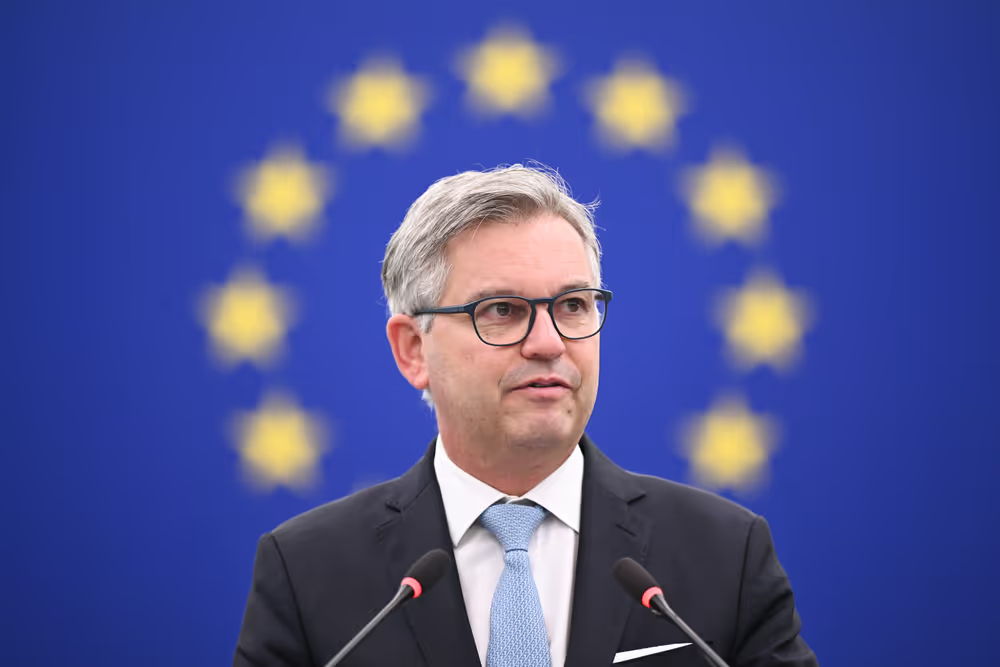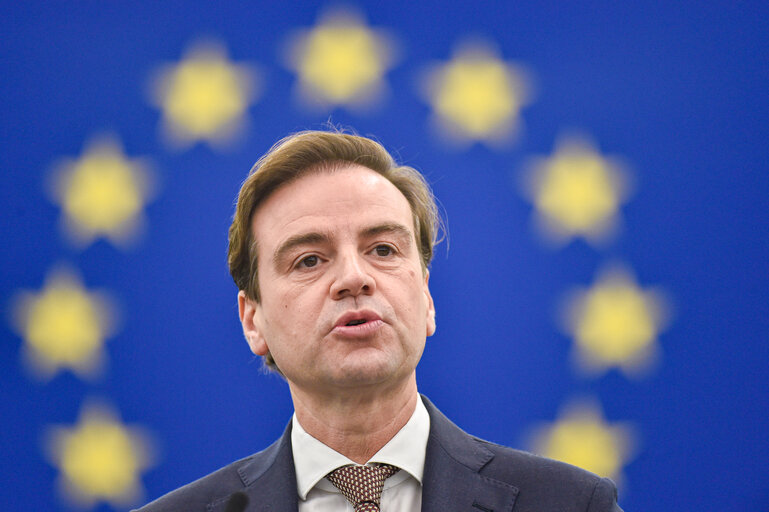Parliament backs expanded Europol powers to fight migrant smuggling amid privacy concerns
Rights groups argue that the reform frames migration as a criminal and security issue

Lawmakers on the European Parliament’s Civil Liberties (LIBE) Committee voted on Tuesday to approve a proposal expanding the role of the law enforcement agency Europol to combat migrant smuggling and human trafficking, a reform critics say risks turning humanitarian efforts into a surveillance tool.
The vote follows a political agreement reached in late September between Parliament and the Council to strengthen Europol’s mandate and increase resources to support cross-border police cooperation against smuggling networks.
The new rules aim to strengthen the European Centre Against Migrant Smuggling, a body within Europol, and enhance cooperation with EU agencies such as Eurojust and Frontex. They also call for better information sharing between Europol and national authorities, as well as expanded biometric data processing capabilities. The agency will also receive an extra €50 million and 50 new staff members.
Initially tabled by the European Commission in 2023, the regulation aims to grant Europol a more central role in coordinating EU efforts against smuggling networks.
But civil society groups have sharply criticised the proposal, calling it a “Trojan horse” that expands Europol’s powers under the guise of humanitarian action. The #ProtectNotSurveil NGO coalition warned that the reform could lead to “mass surveillance,” racial profiling, and the criminalisation of migrants and NGOs, while doing little actually to dismantle smuggling networks.
The Parliament’s position, adopted in May, addressed some of those concerns by deleting controversial elements, such as provisions allowing Europol operations in third countries. However, privacy advocates argue that it still falls short of preventing the agency’s recurring breaches of data protection rules and grants police broad authority to process sensitive biometric and personal data with limited oversight.
Beyond privacy fears, rights groups argue the reform entrenches a “Fortress Europe” approach by framing migration as a criminal and security issue. They warn that expanded coordination between Europol and Frontex, and the potential for data-sharing with non-EU states with poor human rights records, could further endanger migrants and erode EU credibility on human rights.
EXCLUSIVE: EU capitals eye wider powers for Frontex to tackle drone threats
EU countries are weighing plans to hand Frontex powers to assist with airspace surveillance and…
3 minutes

A Plenary vote will now confirm the vote in November.
(cm)









